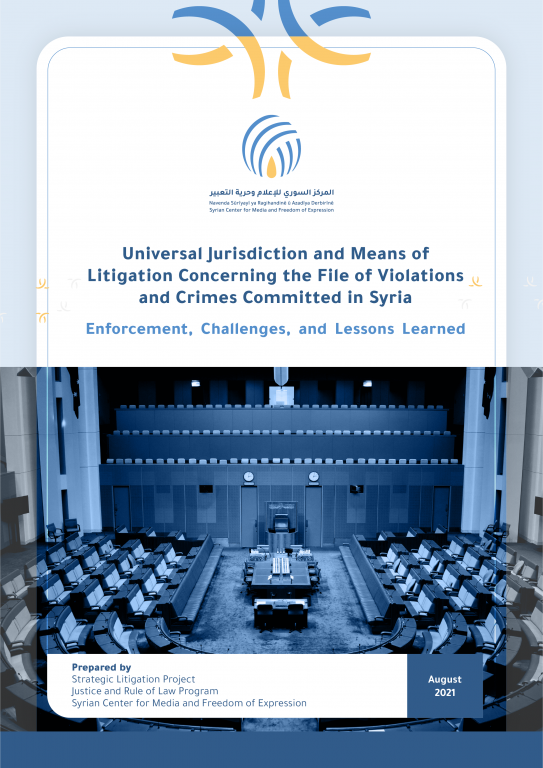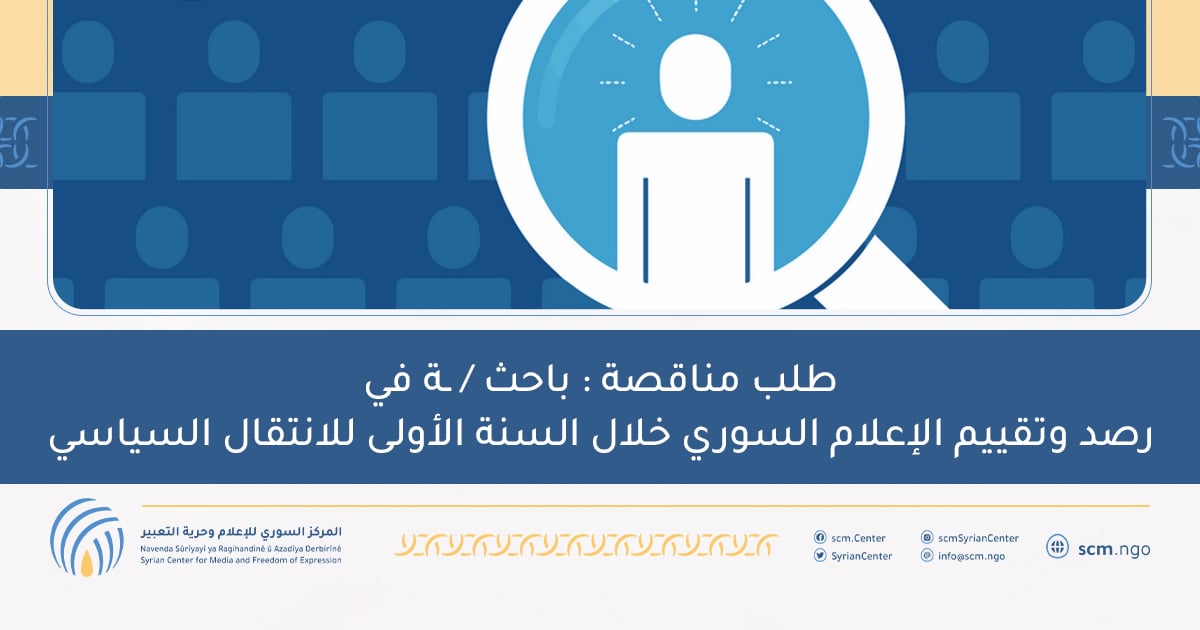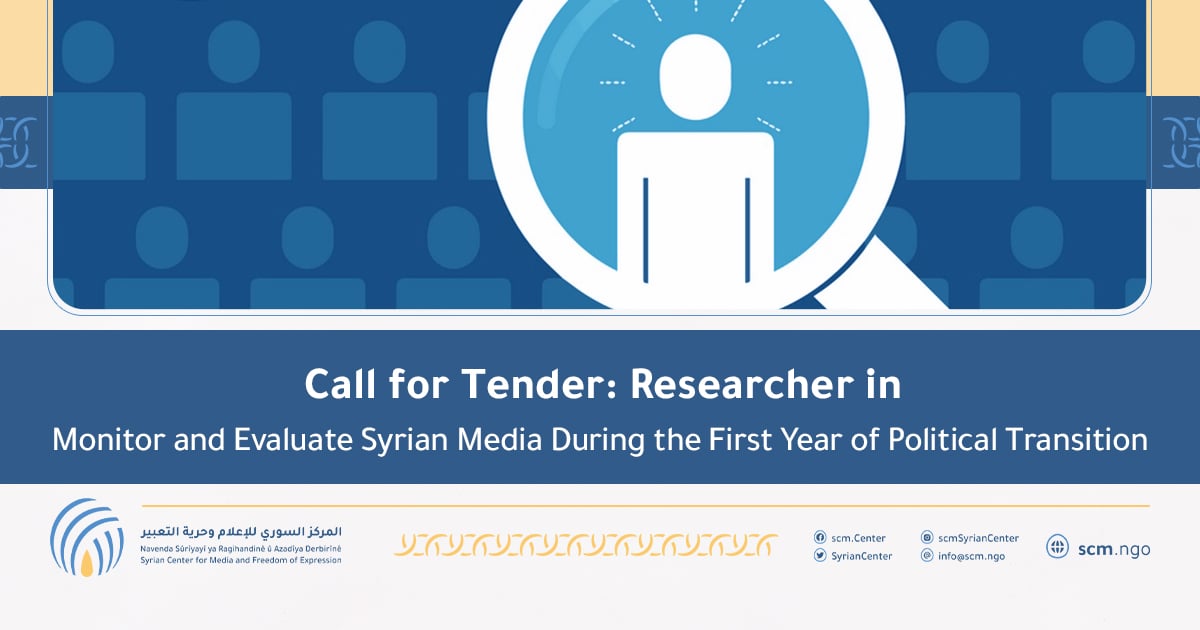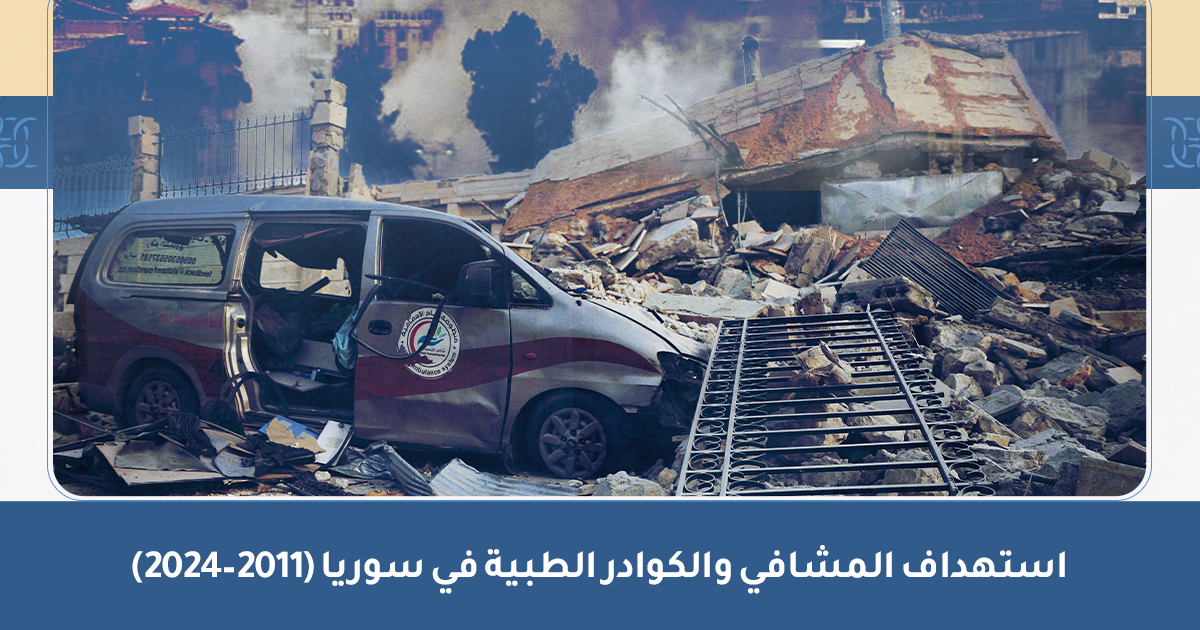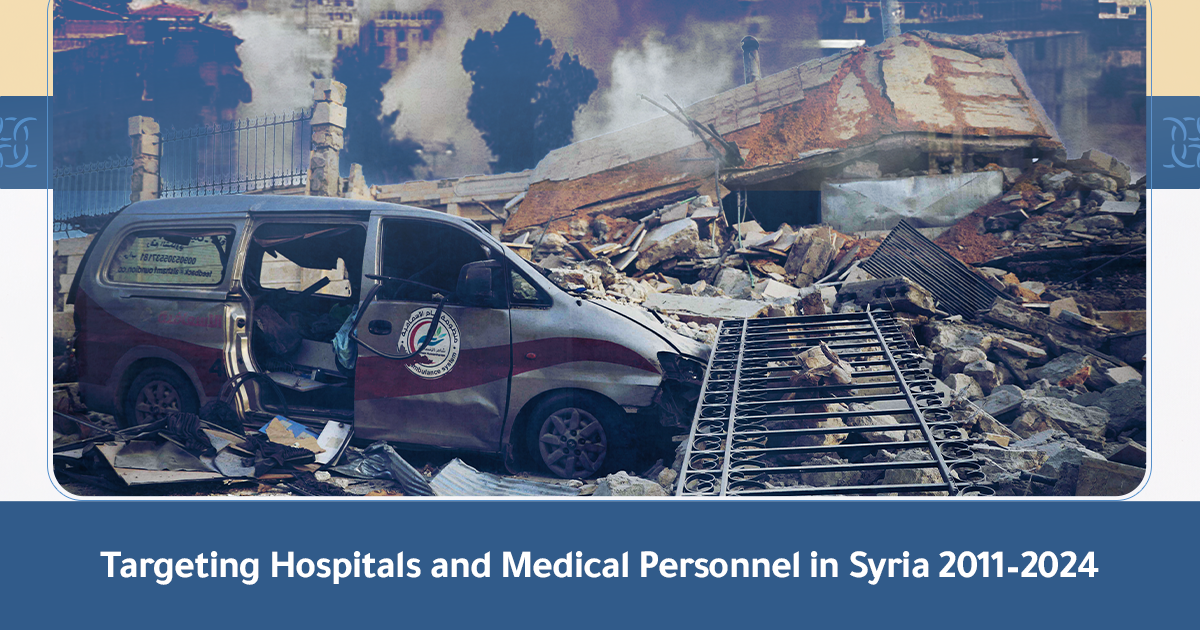Through this study, we seek, as a Syrian institution working in the field of human rights and enforcement of International Law regarding the Syrian situation, to discuss the mechanism that represents an important tool in the international approach to combat impunity, as universal jurisdiction, in general, can play an important role as a part of a broader strategy complementing the international courts and trials on other judicial bases, and to shed more light on the specificity of each case and the scope of its enforcement, with special attention to the victims who seek justice.
The Syrian situation and the accompanying political circumstances imposed unprecedented challenges on the workers in the field of combating impunity. In addition to the massive number and different forms of violations committed by multiple parties, Syria’s non-ratification of the Rome Convention and blocking the way for the Security Council to refer the Syrian file to the International Criminal Court or to establish a special court for Syria. Of course, in addition to the inability of the Syrian judiciary to play its role in holding the perpetrators of grave crimes in Syria accountable. All of this makes universal jurisdiction in national judicial systems the only tool currently available to prevent impunity.
The study is aimed to:
Presenting a briefing of the principle of universal jurisdiction in general, providing a systematic explanation of the general legal framework as well as the experiences and expertise of other countries, looking into legal texts and judicial cases to build a general understanding of this principle, and discussing and evaluating the ways available for Syrians to benefit from it in the path of seeking justice.
Presenting the legal challenges that may appear in practice and the obstacles to activating the principle of universal jurisdiction to sue the perpetrators of international crimes in general and those committed in Syria in particular.
Presenting a simplified reference paper on the universal jurisdiction for the civil society organizations, jurists, scholars, and interested parties, in an attempt to remedy the severe shortage of studies issued in Arabic on this principle, under the strategy of the Justice and Human Rights Department of the Syrian Center for Media and Freedom of Expression to promote the culture of human rights, accountability and combating impunity.
To read the report:
Skip to PDF content